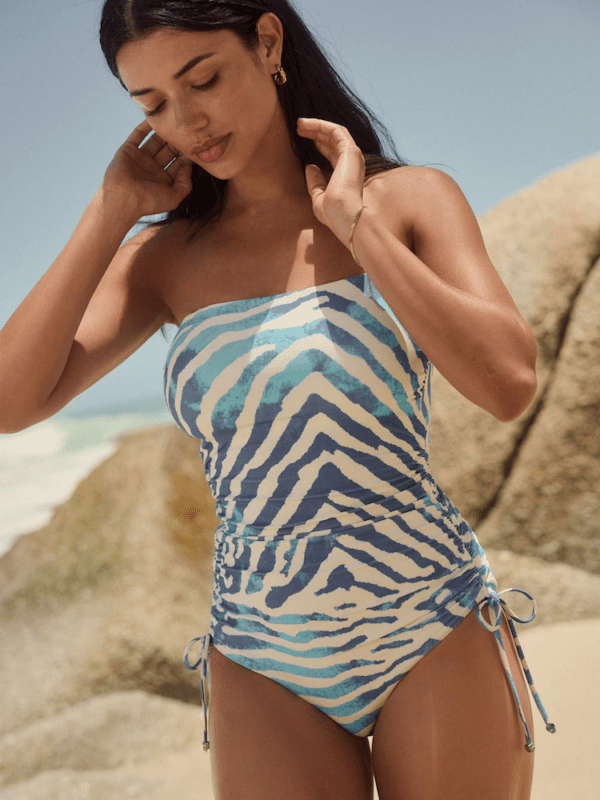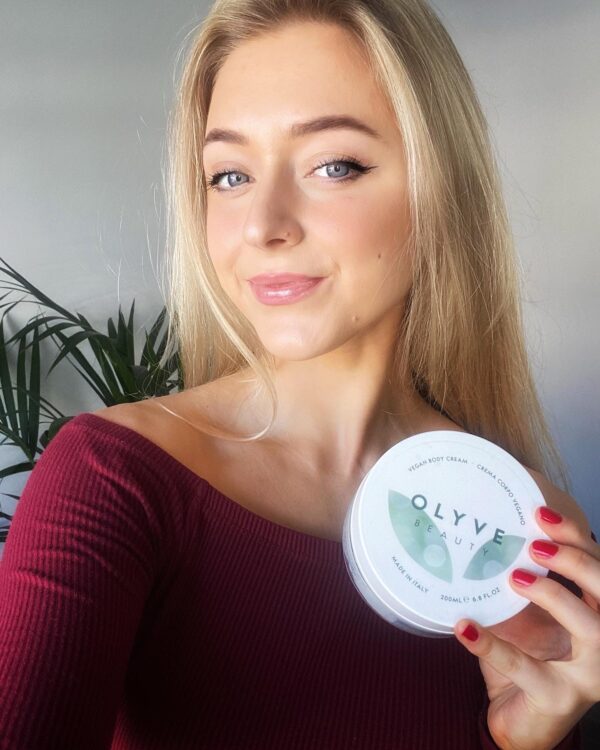
Breaking Down Hair Thinning: Causes, Treatments, and Prevention Tips

Hair thinning is a common concern affecting many individuals, leading to confusion and stress. Causes range from genetics to lifestyle factors, making understanding the root issue crucial for effective treatment. Advances in dermatology and trichology offer numerous options, such as topical applications, prescription medications, dietary changes, and innovative procedures. For example, HLS Hair Fibres can be a part of topical treatments to enhance hair appearance.
Preventing further hair thinning involves staying proactive with hair care routines, reducing stress, and maintaining a nutrient-rich diet. By understanding what contributes to hair health, you can take control and keep your hair looking full and vibrant for years to come.
Exploring Causes of Hair Thinning
Hair thinning can be the result of various factors. Understanding these can help you identify the best course of action to maintain a healthy scalp and fuller hair.
Genetic Factors
You might find hair thinning runs in your family, suggesting a genetic predisposition. This is often known as androgenetic alopecia and can affect both men and women, often termed male-pattern or female-pattern hair loss.
Lifestyle Influences
Your daily habits play a significant role in hair health. Factors such as dietary nutrition, lack of proper hair care, and stress can contribute to hair thinning. A balanced diet rich in proteins, vitamins, and minerals is crucial for maintaining healthy hair.
Medical Conditions and Hair Thinning
Certain medical conditions, such as thyroid disorders, iron-deficiency anaemia, and autoimmune diseases like alopecia areata, can lead to hair thinning. Medications for cancer, depression, and high blood pressure might also affect hair growth.
Environmental Factors
Exposure to harsh elements can take a toll on your hair. Sun damage, pollutants, and chemical treatments can weaken hair strands and lead to thinning. Protecting your hair with appropriate products and minimising the use of heat styling tools can help mitigate these effects.
Thinning Hair Management
Effective management of thinning hair involves a multifaceted approach, including treatments, preventative measures, and natural remedies to support hair health and appearance.
Treatment Options
It’s important for you to consider all available hair treatment options. For medications, Minoxidil (Rogaine) is widely used to slow hair loss and promote regrowth, while Finasteride (Propecia) is prescribed mainly for male pattern baldness. Both are FDA-approved and should be used under medical supervision.
Hair Transplants involve moving hair follicles from one part of your scalp to the thinning areas. Two common methods are FUT (follicular unit transplantation) and FUE (follicular unit extraction). The cost and healing time vary, so consult with a qualified professional.
| Treatment Type | Description | Considerations |
|---|---|---|
| Medications | Topical solutions and oral medications | Consult a healthcare professional |
| Hair Transplantation | Surgical follicle grafting | Costly, requires recovery time |
Preventative Measures
To prevent further hair thinning, be gentle with your hair. Avoid tight hairstyles like ponytails or braids, which can pull on your scalp (traction alopecia). When drying, pat your hair gently instead of rubbing.
Nutrition also plays a role. Ensure your diet is rich in proteins, vitamins (A, C, and E), and minerals like iron and zinc, which are all essential for hair health. Reducing stress with activities like yoga and meditation can help, as stress hormones can negatively impact hair growth.
| Preventative Strategy | Action |
|---|---|
| Hairstyle Choice | Opt for looser styles to reduce tension |
| Hair Care Routine | Dry gently, avoid harsh chemicals |
| Nutrition & Lifestyle | Balanced diet, stress-reducing practices |
Natural Remedies
Some natural remedies for managing thinning hair revolve around bolstering scalp health. Massaging your scalp with essential oils—like lavender or rosemary oil mixed with a carrier oil—stimulates blood circulation.
You can also strengthen your hair with homemade masks, such as egg yolk mixed with olive oil, which provides proteins and antioxidants. Remember, results can vary, and natural remedies often complement other treatments rather than replace them.
| Natural Remedy | Benefit |
|---|---|
| Essential Oils | Improve blood circulation to the scalp |
| Homemade Masks | Provide nutrients for hair strength |
Conclusion
Addressing hair thinning requires understanding its various causes and taking informed steps toward treatment and prevention. With advancements in dermatology and trichology, numerous options, such as medications, dietary changes, and innovative procedures, are available. Staying proactive with a gentle hair care routine, reducing stress, and maintaining a nutrient-rich diet can help prevent further thinning. By identifying the factors contributing to hair thinning and exploring effective treatments, you can maintain healthier, fuller hair.














































